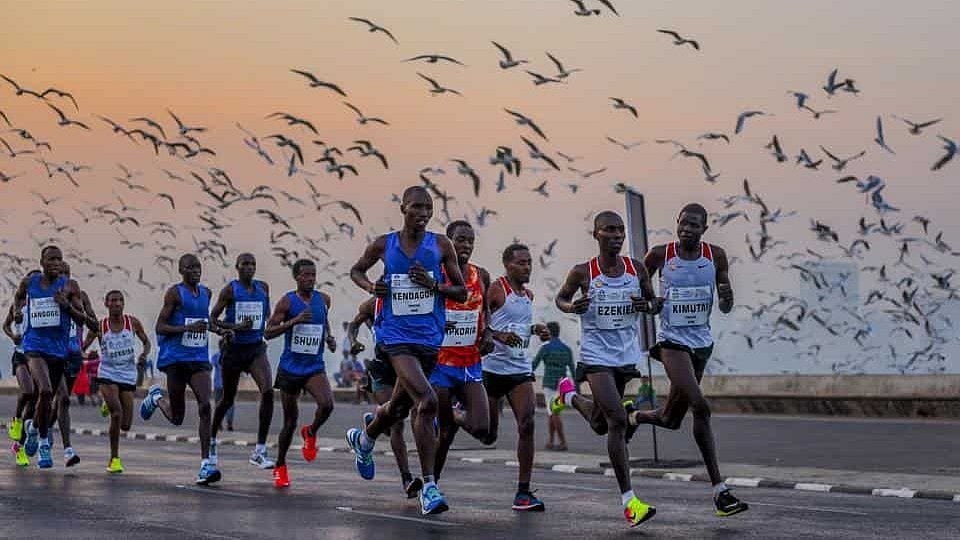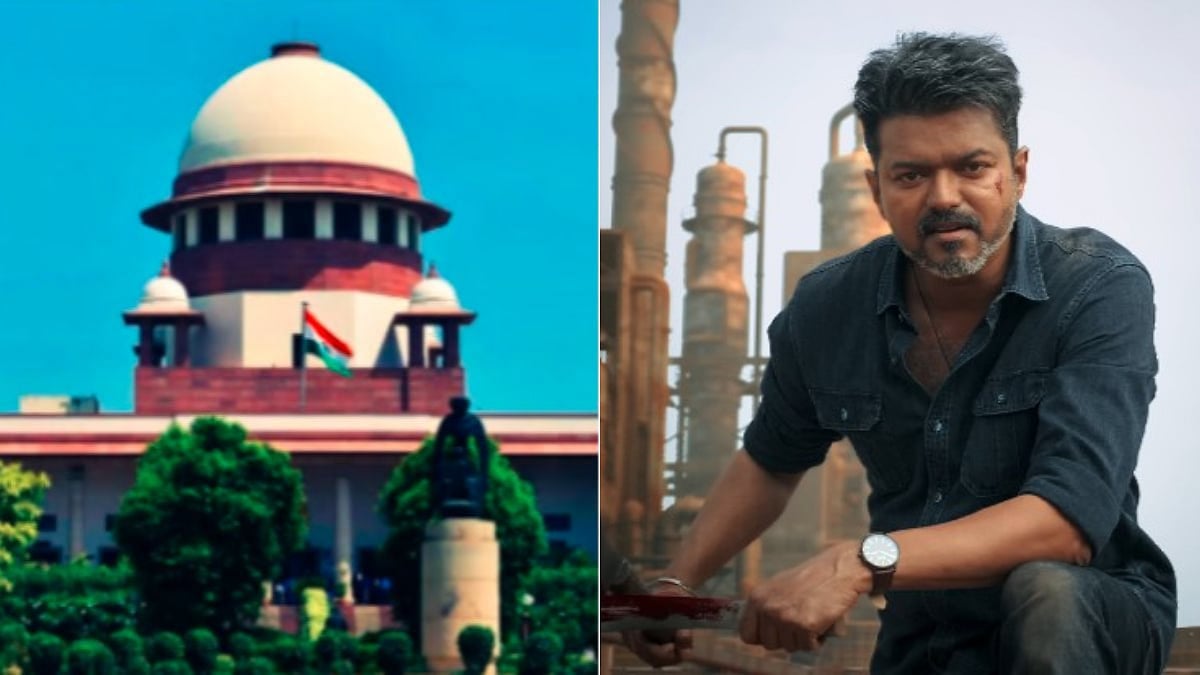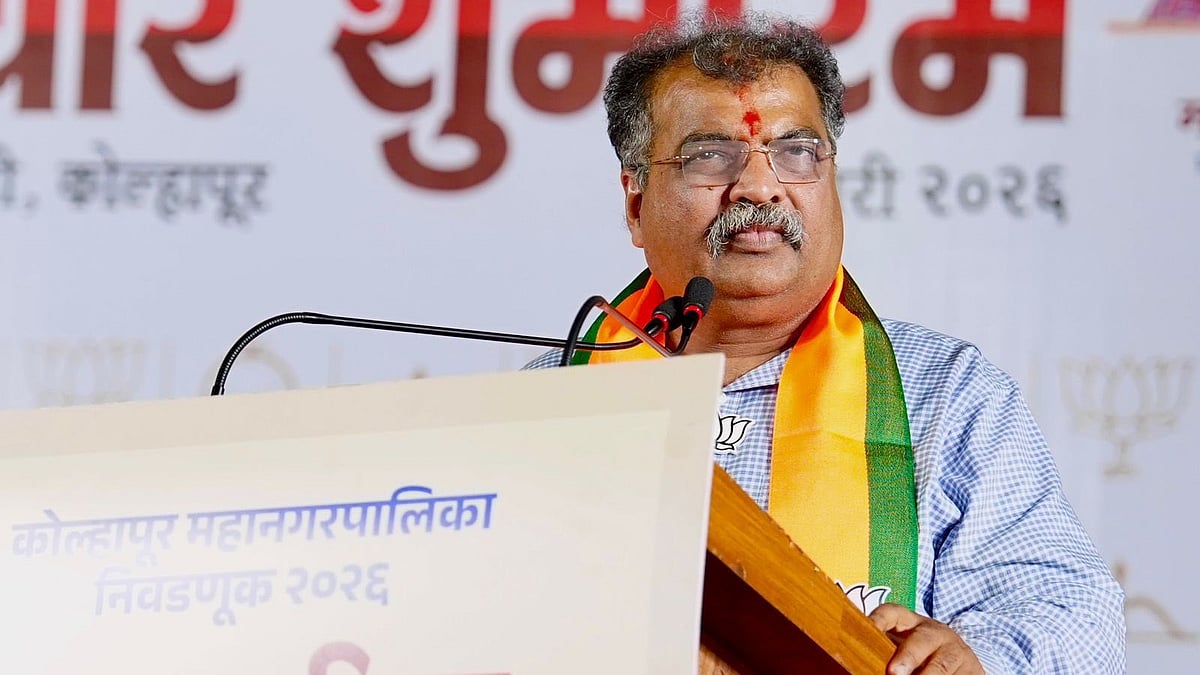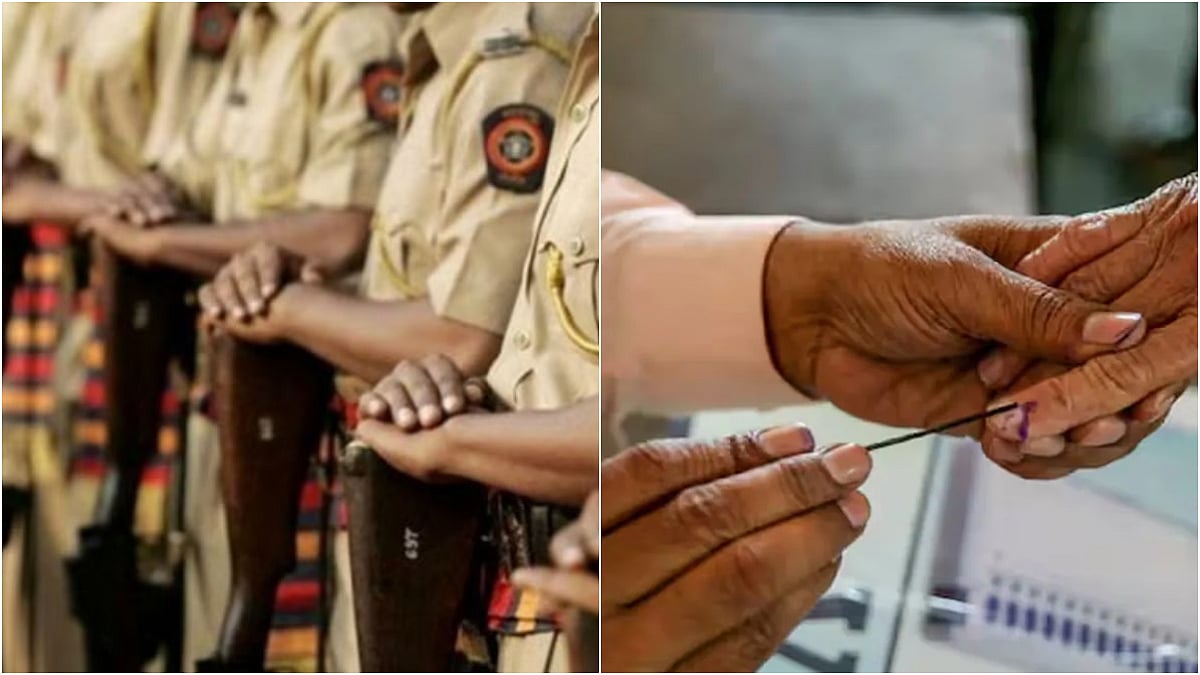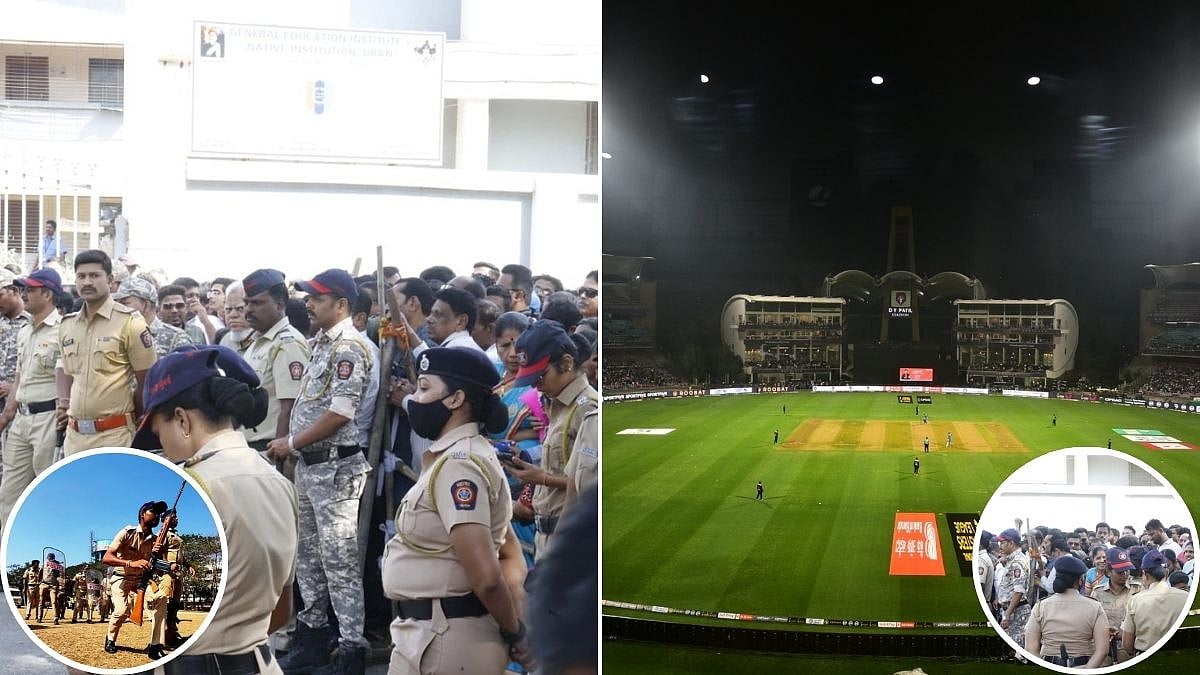The Brihanmumbai Municipal Corporation (BMC) will be inaugurating a waste-to-energy (WTE) plant near Haji Ali today. This is one of the city's first small-scale WTE plants. It can process 2 metric tonnes (2,000 kg) of wet waste per day. “Wet waste from across the ward, especially from restaurants and eateries, will be sent to the plant. It will help reduce the burden on the landfills," said Prashant Gaikwad, assistant municipal commissioner of D ward (Malabar Hill, Haji Ali, Napean Sea Road and Grant Road).
The plant has been developed on a 2,000 square feet abandoned plot on Keshavrao Khadye Road, near Haji Ali. It will require 45 units of electricity and 2,000 litres of water per day to process 2,000 kg of such waste. It will generate 250-300 units of electricity per metric tonne of waste. About 180 units of electricity will be used to power street lights.
Wet waste includes fruit and vegetable peels, used tea leaves/powder, egg shells, meat and bones, leaves and flowers. The Haji Ali plant is backed by the union government’s biotechnology department. It will operate on the concept of zero waste, zero emission. Gaikwad added, "The energy generated from this plant will be used to power street lights. The project will also save the cost of collection and transportation of wet waste to dumping grounds." About 200 metric tonnes of waste is generated every day under the D ward.
The city generates about 6,500 to 7,200 metric tonnes of waste daily. According to the officials, more than 70 per cent of the total waste generated in the city is wet waste. The BMC has made it compulsory for bulk generators to process wet waste in their premises. However, out of a total of 3,367 bulk generators, 1,671 continue to flout the rule despite several notices.
Other ongoing WTE projects in Mumbai:
Deonar WTE 1: Will process around 600 metric tonnes of garbage daily and generate power for sale in the open market.
The contract was allotted to Chennai MSW Private Limited. BMC has agreed to give 12 hectares of the over 120 hectare of Deonar landfill to the contractor to set up the plant within 40 months (since November 2020) and operate it for a period of 15 years.
Deonar WTE 2: Will process 1600 to 1800 metric tonnes of garbage daily. The BMC estimates that 25MW of power will be generated from the second plant each day. The civic body has already invited an expression of interest for this project.




